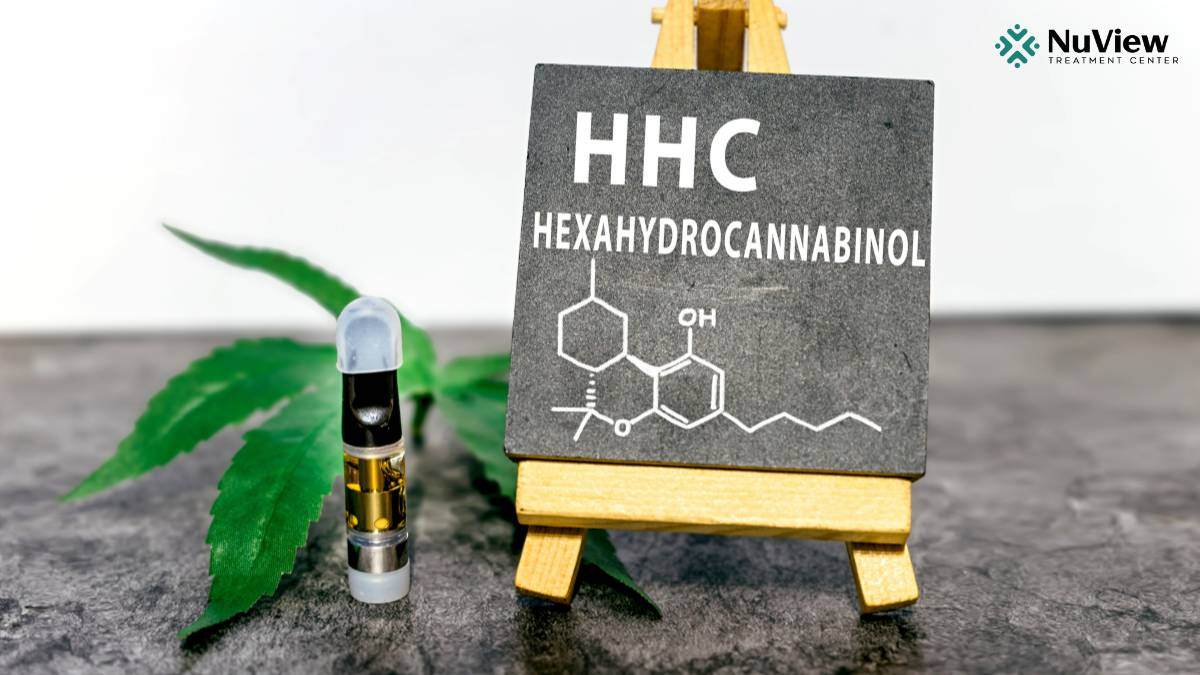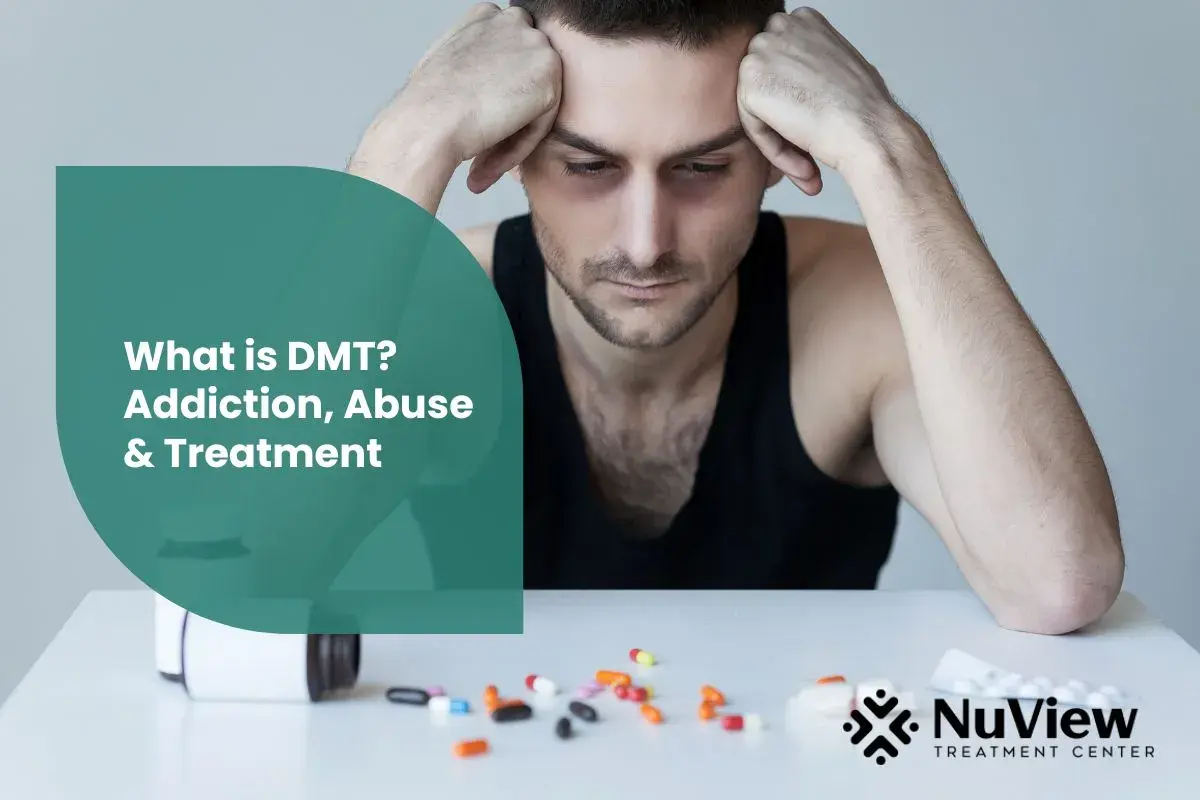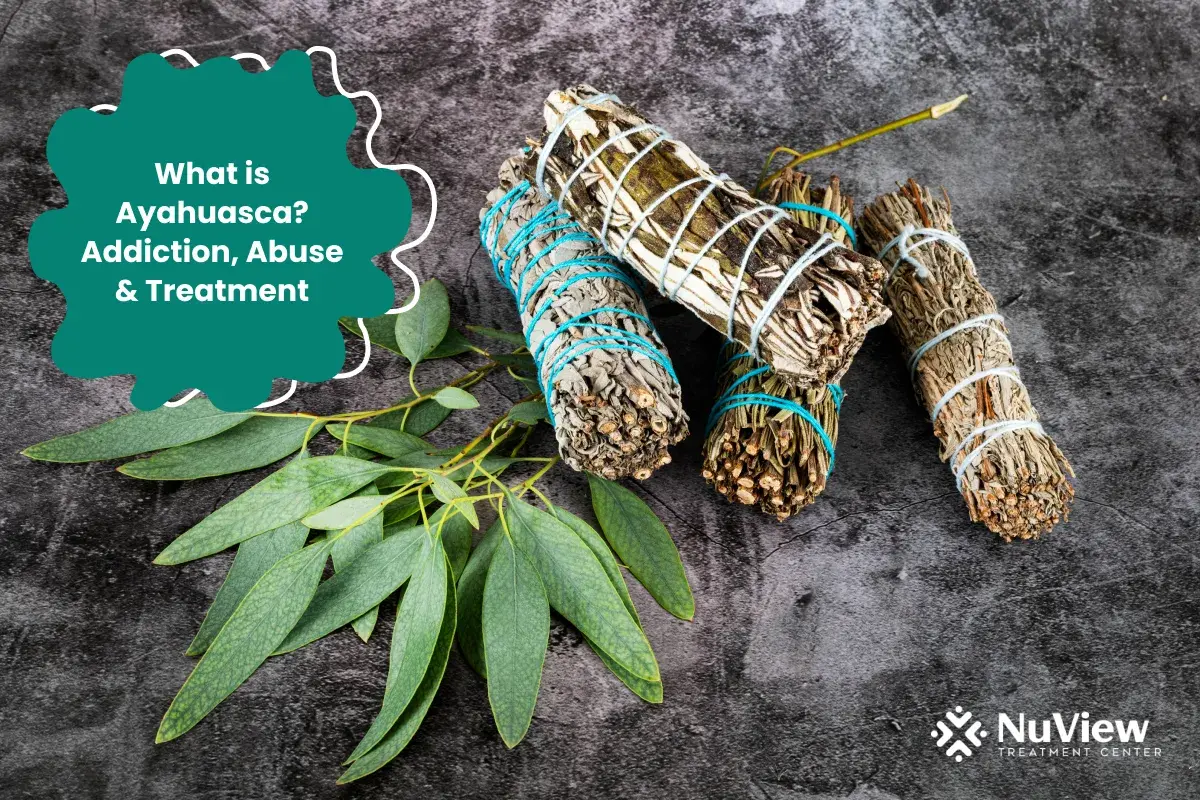Hexahydrocannabinol (HHC) is a synthetic cannabinoid that has recently gained popularity. It is one of the forms of tetrahydrocannabinol (THC) which is the psychoactive compound found in Cannabis.
HHC is made by a procedure known as hydrogenation which involves adding hydrogen atoms to the THC to make it more stable and not get ruined easily. This process changes the composition of THC causing it to have different characteristics to tetrahydrocannabinol.
HHC cannot be extracted from the cannabis plant since HHC isn't naturally present in cannabis plants. It can only be produced by consolidating with the hydrogen atoms or derived from hemp. It is legal to consume in some areas when it is extracted from Hemp due to its origin.
What Is HHC (Hexahydrocannabinol)?
Hexahydrocannabinol (HHC) is a semi-synthetic cannabinoid that was first synthetically created in the early 1940’s. It is created by the process of hydrogenation by integrating THC with hydrogen atoms. HHC has similar properties to tetrahydrocannabinol but varies in chemical composition.
HHC can be used in various forms just like other cannabinoids. Some of the most common ways are:
- Vaping
- Edibles in the form of gummies
- Tinctures
- Concentrates
How is HHC Different from THC?
Although Hexahydrocannabinol is just a hydrogenated form of THC, it has some unique properties.
Research indicates that HHC's psychoactive effects are milder compared to THC. Additionally, some reports suggest that HHC provides a more clear-headed experience with less intoxication than THC. [1.]
A few of these differences are discussed below:
- In terms of Psychoactive Effects, both HHC and THC have similar effects including a change in perception, a euphoric high, and a calming effect. Although Hexahydrocannabinol is considered to be milder in its effect as compared to THC.
- While comparing the Potency of both HHC and THC, tetrahydrocannabinol is better due to its higher concentration. HHC might be less potent but it offers a good balance of effects that can be preferable to many users.
- HHC when derived from hemp, is considered to be legal because of its origin. HHC can therefore be considered a good alternative to THC, but before buying or using it is advised to look into the laws related to its purchase or use.
Get Started With Nuview Treatment Center
Our dedicated professional staff is here to guide you or your loved one on the journey to lasting recovery, offering support every step of the way.
Potential Benefits and Therapeutic Uses of HHC
There is not much research on HHC, so its potential benefits and therapeutic uses are difficult to know about. Since its long-term impact on health is also not well looked into seek a medical professional to make an informed decision about its use.
Studies showcase certain benefits of Hexahydrocannabinol (HHC) which are:
- Helps with Sleep: Due to its calling and relaxing effect, HHC is known to help promote sleep. It can be helpful for people who have a disturbed sleep pattern.
- Pain Management: Some studies have shown that HHC Isomers are found to be useful for pain management.
- Anti-Inflammatory Properties: Conditions like Arthritis and inflammatory bowel disease (IBD) could also benefit from the anti-inflammatory properties of HHC as shown by some studies. [2.]
- Anxiety and Stress Reduction: Another feature of HHC that can be useful is its euphoria and relaxing properties. Especially helpful for people dealing with Anxiety and who have a highly stressful life. [3.]
- Cancer Treatment Potential: Although it's not very well established or researched ?some studies have shown that it reduces the growth of cancer cells in the body. [4.]
- Psychoactive Effects: Like other cannabinoids, HHC also produces the effect of a euphoric high, calming and relaxing mind. [5.]
Effects of HHC
HHC has effects similar to THC but milder. The effects of Hexahydrocannabinol may be different depending on the dosage, administration, and quality of the product. A few of these effects are as follows:
- Mild Euphoria
- Helps with relieving stress and tension
- Reduces social anxiety
- Improves the ability to concentrate
- Improves mood
- Pain Relief
- Helps in managing anxiety
Side Effects of HHC
While the pleasurable effects of HHC may not be many, it does come with a huge list of side effects. These must be considered before using HHC:
- Anxiety
- Confusion
- Dizziness or fainting
- Dry Mouth
- Fatigue
- Impairs body coordination
- Makes it difficult to focus
- Memory impairment
- Rapid heart rate
- Slower reaction times
In heavier doses, it can also lead to hallucinations, making one more vulnerable to psychosis. It can also cause reproductive problems in the long term, like low birth weight in infants.
Get Started With Nuview Treatment Center
HHC vs CBD: How They Compare
Cannabidiol (CBD) unlike HHC is not a psychoactive in nature, it is great for people who want to experience the effects of consuming a cannabinoid without the hallucinogenic effects. CBD is the better choice for people who don’t want to experience the inebriating effects of a Cannabinoid high but get the health benefits.
CBD and HHC both impact the brain in different ways while HHC directly impacts the CB1 and CB2 receptors that produce the mind-altering effects, CBD interacts with the endocannabinoid system and improves its functioning.
CBD also has much more tolerable after-effects and a low risk of side effects as compared to HHC. Cannabidiol also has been FDA-approved to manage the symptoms of some types of Epilepsy like Dravet syndrome and Lennox-Gastaut syndrome. Due to its health benefits and the very small quantity of THC present it is legal in the U.S. [6.]
HHC vs Other Cannabinoids (Delta-8, Delta-9 THC)
HHC is quite similar to delta-8 THC and delta-9 THC. However, HHC is synthetic while delta-8 and delta-9 are naturally occurring in the cannabis plant, and delta-8 is present in lower concentrations than delta-9.
Hexahydrocannabinol is hydrogenated, which makes it more stable in comparison to others. While HHC produces a milder high, quite similar to delta-8, delta-9 is more popular given that it produces an intense high due to its potency.
In terms of side effects as well HHC has less intense side effects than Delta-8 and Delta-9. Specifically, Delta-9 if taken in higher doses can lead to impaired memory and loss of motor functionality.
Legal Status of HHC
The U.S. Drug Enforcement Administration (DEA) considers HHC to be a Class I controlled substance. This means it is not legal.
However, HHC is sold in the market as a legal TCH. The catch here is that, and critics have argued, that the 2018 Farm Bill made it legal to sell hemp as long as it contains lower than 0.3% of THC. Therefore, it is only prudent to be aware of the cannabis laws in any given state so as to keep out of legal trouble.
It must also be kept in mind that HHC can show up in a drug test, and for how long it remains detectable depends on the test and the severity of the use. The general picture is as follows:
- In a urine test, it can show up to 72 hours after the last dose.
- HHC is designed in a manner that it cannot be detected in the bloodstream, which is one of its marketing points. However, there are reports that it can be detected in the blood between 24-48 hours after the last dose.
- HHC can show up in a saliva test up to 48 hours after the last dose.
HHC can show up in a hair test up to 90 days after the last dose, however, a hair test is not the go-to testing method for drugs.
Frequently Asked Questions
Does HHC get you very high?
No, HHC produces only a mild high.
What does HHC do?
HHC has potential benefits like enhancing sleep, mood, and memory as well as altering senses. However, it does have a myriad of highly unpleasant side effects as well.
Is HHC better than CBD?
Depending on whether one wants to experience energizing or relaxing effects, HHC and CBD, respectively, will be better for them. However, both come with their risks as well.
How long does HHC high last?
Anecdotal evidence suggests that HHC high lasts longer than THC. However, how long it lasts cannot be said for sure.
- What Is HHC (Hexahydrocannabinol)?
- How is HHC Different from THC?
- Potential Benefits and Therapeutic Uses of HHC
- Effects of HHC
- Side Effects of HHC
- HHC vs CBD: How They Compare
- HHC vs Other Cannabinoids (Delta-8, Delta-9 THC)
- Legal Status of HHC
- Frequently Asked Questions
- What Is HHC (Hexahydrocannabinol)?
- How is HHC Different from THC?
- Potential Benefits and Therapeutic Uses of HHC
- Effects of HHC
- Side Effects of HHC
- HHC vs CBD: How They Compare
- HHC vs Other Cannabinoids (Delta-8, Delta-9 THC)
- Legal Status of HHC
- Frequently Asked Questions
Get Help Today!
Everyone is Welcome Here and We All Have Your Back
Your healing journey deserves a personalized approach. At NuView, we integrate expertise in behavioral therapy, mental health, and substance use treatment to create a customized recovery plan tailored to your unique needs.
Connect with our Admissions Specialists today.







Written By
Dr. Ryan Peterson